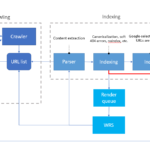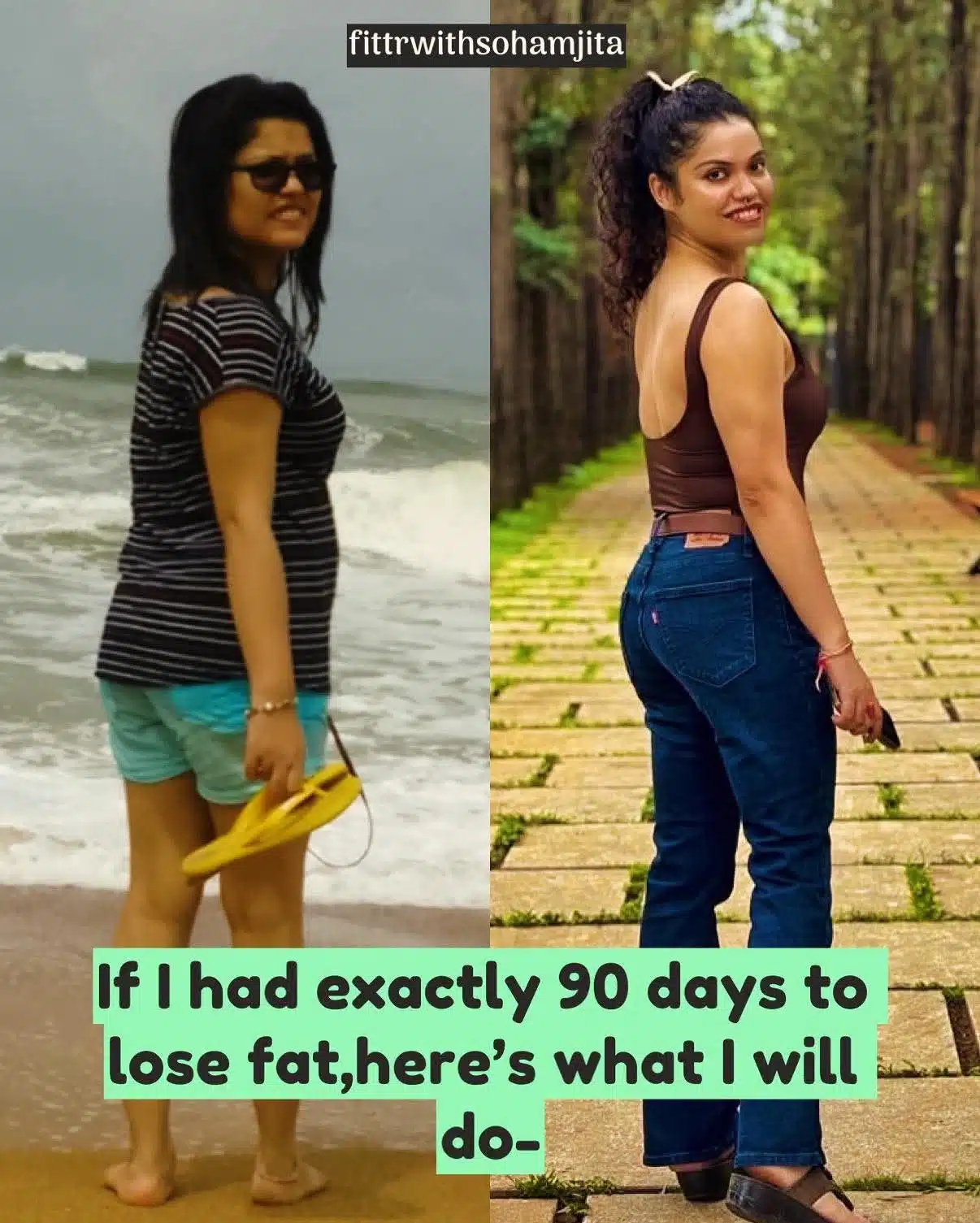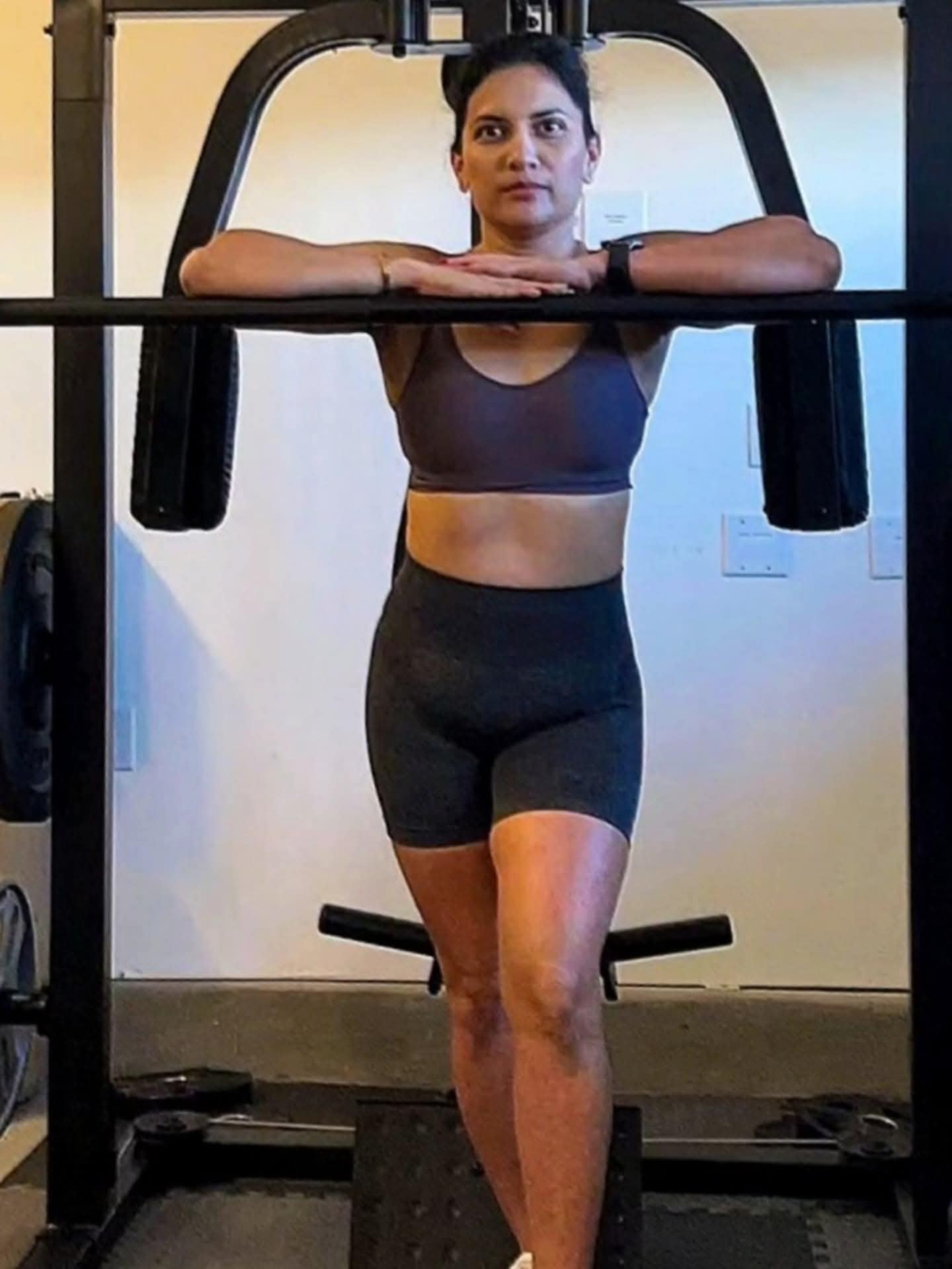If I Had Just 90 Days to Start Losing Fat, Here’s EXACTLY How I’d Do It (And You Can Too!)
Most people think fat loss is a mystery — something only elite athletes or influencers with “perfect genetics” can achieve. The truth? It’s a science.
If I had just 90 days to start losing fat, I wouldn’t waste time on fad diets, excessive cardio, or unrealistic restrictions. Instead, I’d follow a simple, proven, and sustainable approach rooted in nutrition, training, recovery, and consistency.
Why 90 Days Works (Science + Psychology)
Ninety days is long enough to:
- Create new habits (research shows habit formation takes 66–90 days on average)
- See visible body composition changes through fat loss and muscle retention
- Improve metabolic health markers like blood sugar, cholesterol, and insulin sensitivity
It’s also short enough to stay focused without feeling overwhelmed by “forever.” Think of it as your launch phase for a new lifestyle.
Phase 1: Nutrition – The Core of Fat Loss
Fact: Up to 80% of fat loss results come from your diet. You can burn 500 calories in the gym, but it’s much easier (and smarter) to create a calorie deficit through what you eat.
Step 1: Calculate a Sustainable Calorie Deficit
- Target deficit: 400–600 calories/day (enough to lose ~0.5–0.8 kg/week without muscle loss)
- Formula:
- Find your TDEE (Total Daily Energy Expenditure)
- Subtract 500 calories for a safe, steady loss
Example:
If my TDEE is 2,000 calories → I’d aim for 1,500–1,600 daily.
Step 2: Prioritize Protein
- Goal: 90–100g/day minimum
- Why: Preserves muscle mass, boosts metabolism, improves satiety
- Sources:
- Animal: chicken, fish, eggs, Greek yogurt
- Plant: tofu, tempeh, lentils, beans, edamame
Step 3: Smart Plate Composition
- 50% veggies: high-fiber, low-calorie, nutrient-rich
- 25% protein: lean meats, eggs, or plant-based
- 25% carbs/fats: whole grains, potatoes, healthy oils, nuts
Pro Tip: Aim for 80–90% whole foods and allow 10–20% flexible eating to avoid burnout.
Phase 2: Training – Sculpting, Not Just Shrinking
Cardio burns calories while you do it, but strength training transforms your body shape.
Step 1: Strength Train 4–5 Days/Week
- Focus on compound lifts:
Squats, deadlifts, bench press, overhead press, rows, pull-ups - Benefits: Builds muscle, increases resting calorie burn, improves posture
Step 2: Accessory Work for Aesthetics & Balance
- Glutes & Legs: Hip thrusts, lunges
- Upper Body: Lateral raises, triceps dips, curls
- Core: Planks, cable crunches, hanging leg raises
Step 3: Daily NEAT (Non-Exercise Activity Thermogenesis)
- Target: 8,000–10,000 steps/day
- Why: Increases daily energy expenditure without overtraining
- Simple hacks: Take stairs, walk while on calls, park farther away
Phase 3: Recovery – The Most Overlooked Fat Loss Tool
Without recovery, you’ll face plateaus, hormonal imbalances, and injury risk.
Step 1: Sleep Optimization
- Goal: 7–8 hours/night
- Benefits: Balances hunger hormones (ghrelin, leptin), supports muscle recovery, reduces cravings
Step 2: Stress Management
- High stress → Elevated cortisol → Fat storage (especially belly fat)
- Tools:
- Yoga or meditation (10–15 min daily)
- Breathwork
- Mindful hobbies like gardening, painting, music
Phase 4: Consistency – The Multiplier Effect
Most fat loss failures come from inconsistency, not bad plans.
Step 1: Drop “All or Nothing”
- Aim for 80% adherence — it’s okay to have a treat meal
- A slip-up is a speed bump, not a dead end
Step 2: Track & Adjust Every 2 Weeks
- If weight loss stalls for 2+ weeks, adjust:
- Reduce calories by 100–150/day
- Increase daily steps by 1–2k
- Review food quality & portion accuracy
Common Fat Loss Mistakes to Avoid
- Over-restricting calories → Muscle loss, metabolic slowdown
- Relying only on cardio → No shape or strength gains
- Skipping protein → Loss of lean tissue
- Neglecting recovery → Fatigue, stalled progress
- Changing plans too often → No time to measure results
The 90-Day Mindset Shift
This isn’t just about dropping a few kilos — it’s about:
- Building a health-first approach to fitness
- Learning what works for YOUR body
- Setting the stage for long-term maintenance
Remember: The first 90 days start the transformation, but the journey is lifelong.
Author: Sohamjita Roy, Fittr Coach
Helping people achieve sustainable fat loss through science-based nutrition and training.









